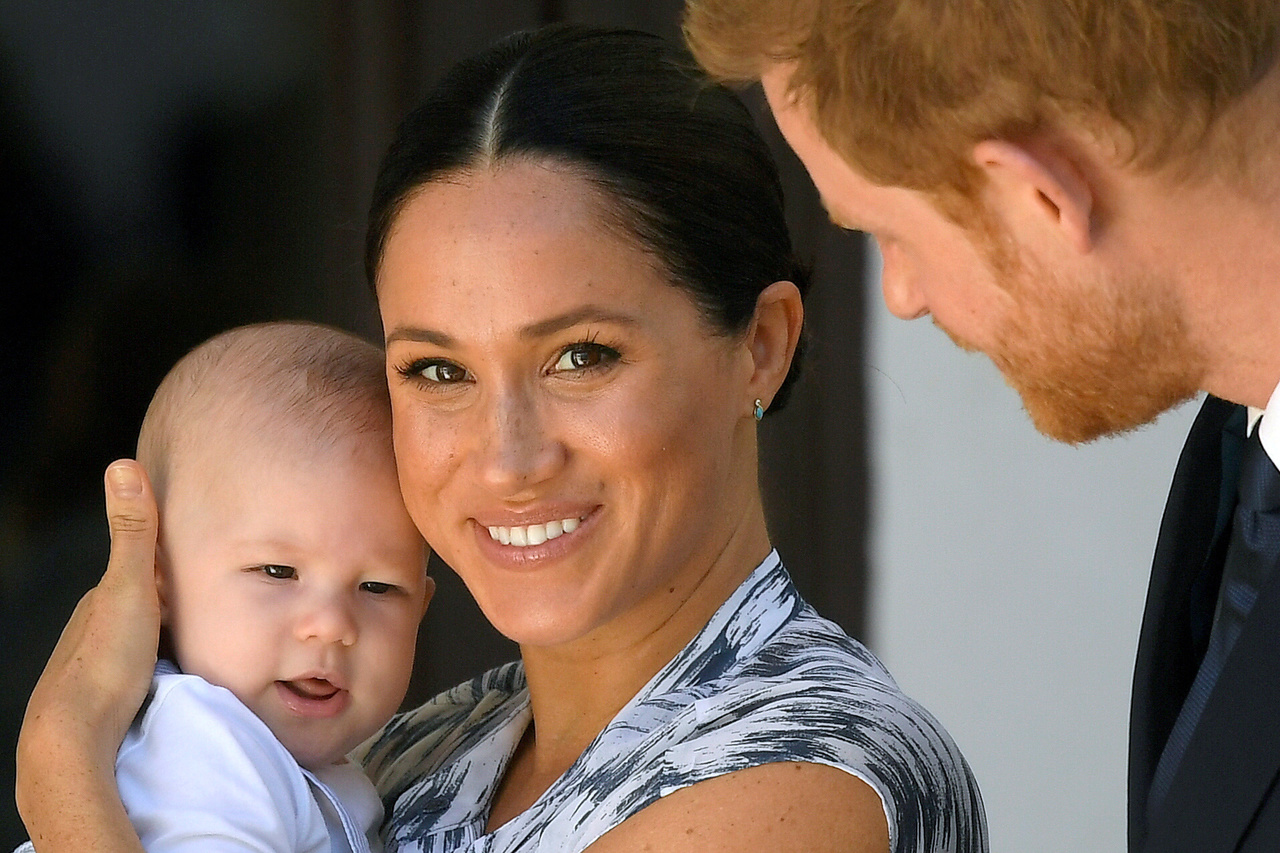LONDON (NYTIMES, BLOOMBERG, REUTERS) - Hours after an interview with Prince Harry and his wife, Meghan Markle, was broadcast in the United States on Sunday (March 7), Britain was grappling with the shock wave rippling out across the Atlantic, exposing a deep royal rift.
In the two-hour prime-time interview with Oprah Winfrey - shown in Britain on Monday night - the couple spoke frankly about what drove them away from the United Kingdom last year.
They spoke of comments by one family member about the potential colour of their son's skin, racist coverage from the tabloid press and a general lack of support that Markle said had driven her to thoughts of suicide.
The interview drew more than 17 million viewers on broadcaster CBS, the kind of audience typically reserved for major sports events, underscoring the US' fascination with the British royal family.
For many black Britons, though, the interview offered a scathing assessment of the royal family and resurfaced barely submerged tensions over entrenched racism in the country at large.
"It's very hard, listening to the interview, not to focus on some of the salacious details and the family drama," said Mr Marcus Ryder, a visiting professor of media diversity at Birmingham City University. "But what we're talking about is a major part of the British state; it's a major institution."
The allegations of racism could have major implications for the monarchy, he said, whose family members and their households are paid in part with public funds.
"Once you realise that and divorce it from the idea of the personal family drama, what you have is a black woman who was the first, in the modern era anyway, to enter that British institution," Mr Ryder said, "and makes allegations of racism at the very top".
Markle's revelation that someone in the royal household had questioned whether her son would be "too dark to represent the UK" was a major problem, he added.
On Monday, Winfrey said Harry had asked her to clarify that neither Queen Elizabeth II nor Prince Philip had been the source of that comment.
Many critics noted the marked imbalance between the bombshell disclosures in the interview and the palace's attempts to discredit Markle as a bully in a leak to The Times of London last week.
For others, the interview was a moment to reflect on the couple's decidedly different public persona as they broke with the silence expected of the royal family and adopted a more American approach.
Markle had previously spoken about her struggle to adopt the British stiff-upper-lip sensibility. During the interview, the couple signalled an apparent desire to seize control of their own narrative, positioning themselves as global philanthropists.
The Daily Mail, a British tabloid that Markle won a privacy case against last month, called the discussions about race "a sensational claim".
The interview has left the country divided, with major news outlets publishing biting commentary.
On social media, some denounced the couple's infidelity to the family, while others defended them.
The reactions illustrated divisions between those who view the couple as victims, and those who disapprove of their behaviour and willingness to attack the monarchy in public.
Critics argued that by refusing to name the person who questioned the skin colour of their son, they had made it impossible for the royals to try to rebut the allegation.

In the beginning, when her engagement to Harry was announced, Markle was acclaimed as an international beacon of a more inclusive royal family - until then a profoundly white institution.
But she soon found herself under frequent attack in the British tabloids, often the subject of articles laced with overtly racist language or undertones of bigotry.
Many noted that Markle's allegations highlighted a blind spot in much of the British news media when it comes to race, with the ranks of royal correspondents being nearly all white.
The palace has said nothing in response so far. It is unclear how the queen herself will respond and whether the palace will investigate some of the couple's claims as enthusiastically as it had pledged to look into the claims of Markle's bullying of staff.
On Monday, British Prime Minister Boris Johnson declined to comment directly on Markle's accusations of racism, saying he had "the highest admiration" for Queen Elizabeth and "the unifying role that she plays".
"As for the rest, all other matters to do with the royal family, I've spent a long time now not commenting on royal family matters and I don't intend to depart from that today," he said.
But many agreed that the fallout from the interview could linger.
"I've always said that the royal family would come out at best looking out of date, out of touch, perhaps unwelcoming," Ms Katie Nicholls, the royals editor at Vanity Fair, said on Sky News. "But this is so much worse than that."

